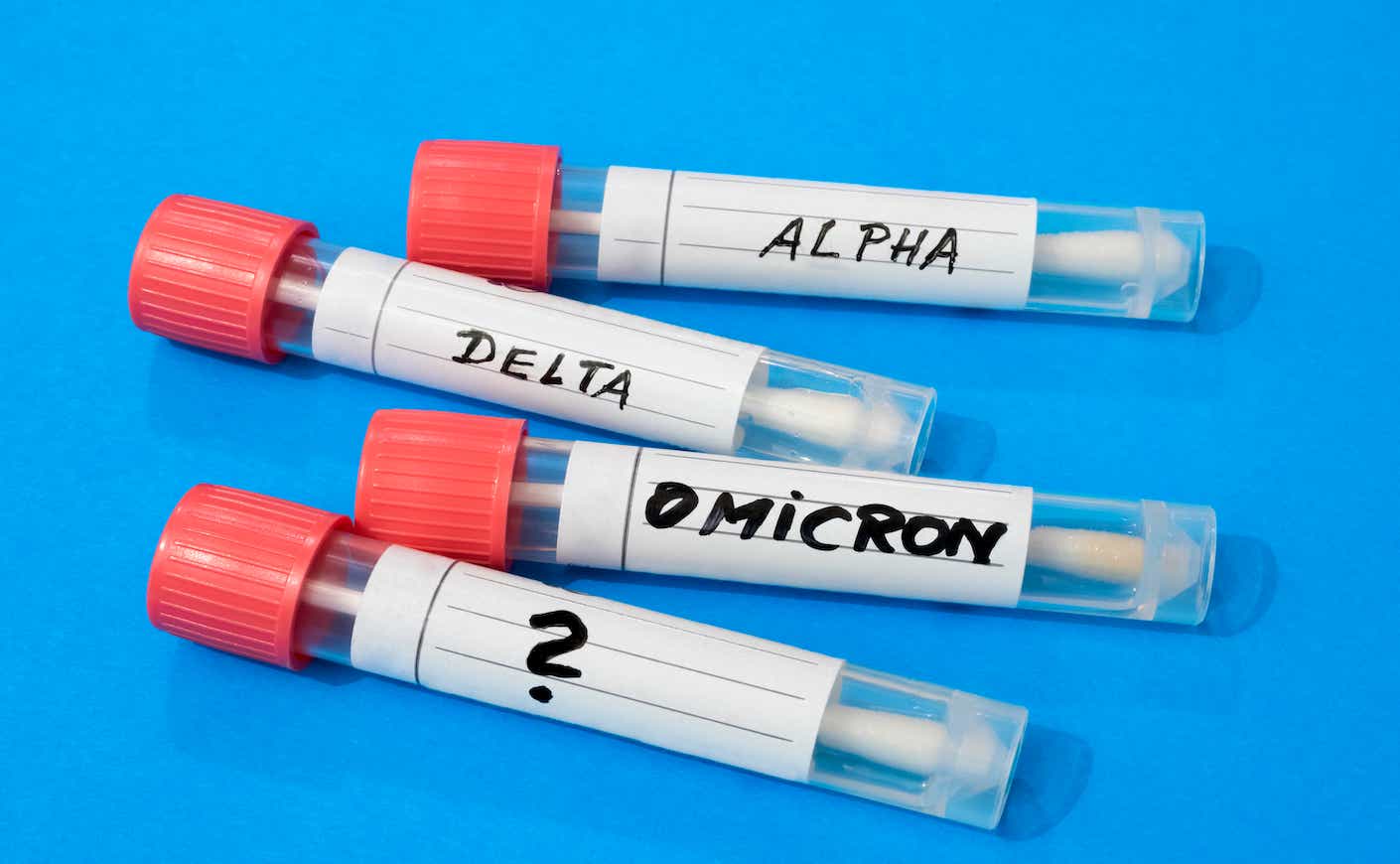As summer winds down, COVID cases are climbing across much of the country. In its latest report, the Centers for Disease Control says infections are up in at least 45 states, with the highly contagious Nimbus and Stratus variants driving most of the increase.
Public health experts say a summer surge isn’t unusual, but this one is arriving just as families prepare for the back-to-school season, when crowded classrooms and indoor activities could help the virus spread even faster.
Here’s a closer look at the variants behind the surge and the places seeing the highest Covid rates.
What is the Stratus variant?
Like the other recent strains, Stratus is a subvariant of Omicron.
Though it was first detected in Canada in January, the variant now accounts for 14 percent of cases in the U.S., and is the third-highest among all variants stateside, according to the CDC.
One symptom that stands out with Stratus infections is hoarseness. Patients have also reported dry coughs and sore throats, along with more familiar Covid symptoms like fever, muscle aches, and fatigue.
What about the NB.1.8.1 or Nimbus variant?
First detected in January 2025, the NB.1.8.1 variant — nicknamed "Nimbus" — remains the dominant COVID-19 strain in the U.S., accounting for about 43 percent of cases as of mid-August, according to CDC data.
An Omicron descendant, it has spread across multiple continents, aided by its high transmissibility and slight ability to evade immunity. Although not linked to more severe illness, doctors note a signature symptom: an intensely painful sore throat, along with common Covid signs such as fever, cough, and fatigue. The World Health Organization and other health agencies are tracking Nimbus as a Variant Under Monitoring.
Where Covid cases are growing
States reporting the highest Covid positivity rates include:
- New Mexico (12 percent)
- Texas (12 percent)
- Oklahoma (12 percent)
- Arkansas (12 percent)
- Louisiana (12 percent)
- Nevada (11.3 percent)
- Arizona (11.3 percent)
- California (11.3 percent)
- Alaska (11.1 percent)
- Washington (11.1 percent)
- Oregon (11.1 percent)
- Idaho (11.1 percent)
Are the latest Covid variants more contagious?
Both NB.1.8.1 and Stratus appear to spread more easily than earlier variants, with Stratus showing a stronger ability to transmit in both lab studies and real-world settings.
"I know that everybody wants to forget about this disease, but it’s not going to allow us to,” Janko Nikolich, MD, Ph.D., professor and chair of the Department of Immunobiology at the University of Arizona College of Medicine, told ABC Action News in June.
Still, neither variant has been linked to more severe illness. According to the World Health Organization, current data does not indicate that they cause more serious disease than previous strains.
The uptick in cases may also be seasonal. Covid infections often rise in the summer — and this year appears to be following that trend, particularly in countries like China.
Do the current Covid vaccines protect against these variants?
The WHO says current Covid vaccines should still offer protection against both the NB.1.8.1 and Stratus variants. But there’s a catch: getting a booster might not be as easy as before.
The FDA has limited updated boosters to people 65 and older and those with certain health conditions. In May, Health and Human Services Secretary Robert F. Kennedy Jr. also announced that routine Covid vaccine recommendations would be dropped for healthy children and pregnant women, even though pregnancy remains a high-risk factor for severe complications.
Still, the CDC hasn’t ruled out vaccination for these groups entirely. Instead, it now encourages “shared clinical decision-making” — meaning shots are still available if individuals (or parents) choose to get them in consultation with a healthcare provider.
Beyond vaccination, basic precautions still matter: Wash your hands regularly, cover your coughs and sneezes, and consider bringing back your N95s in crowded indoor spaces. A few simple steps can go a long way in keeping yourself — and your community — safer.









